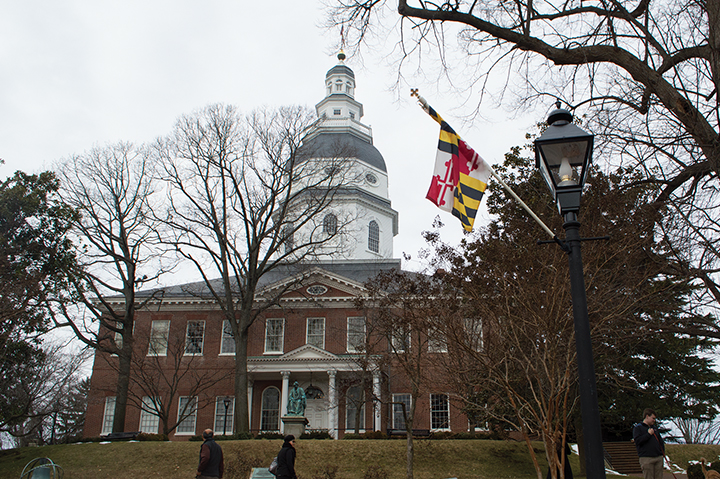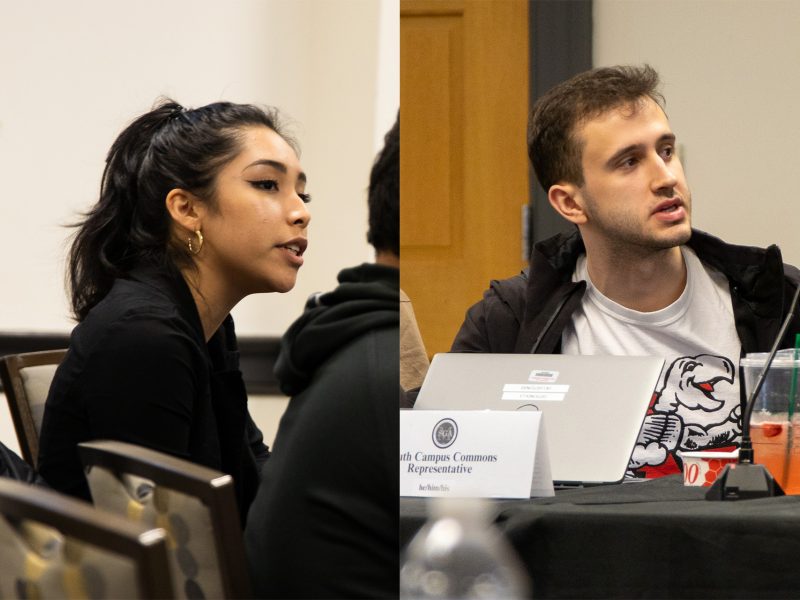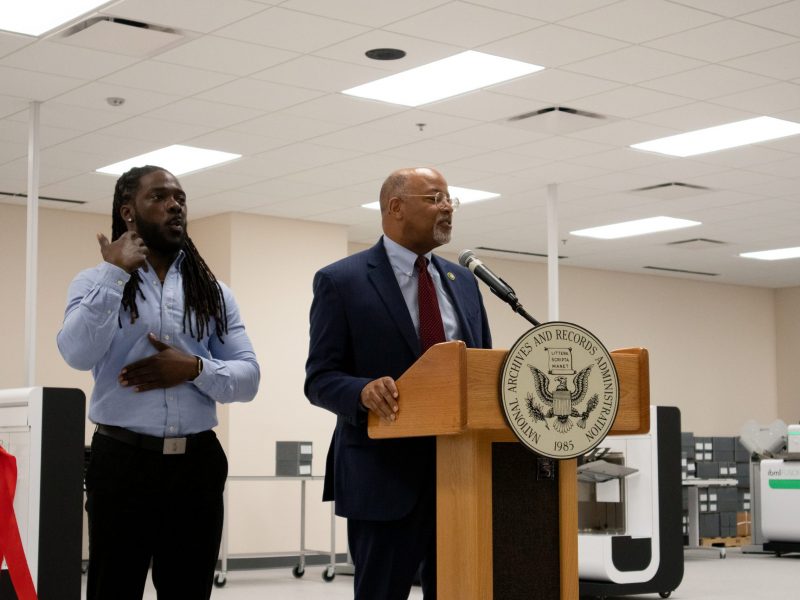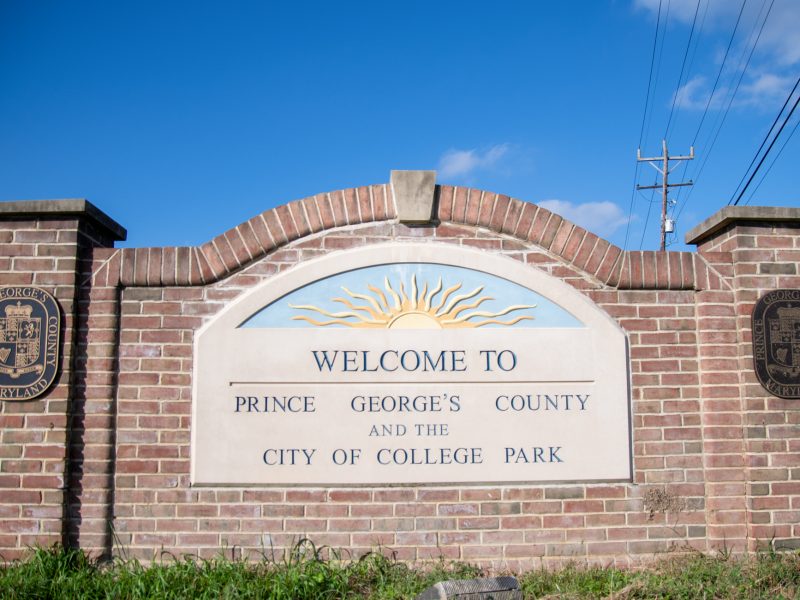The Maryland General Assembly worked until midnight Monday pushing through final bills as its 90-day session came to an end. University of Maryland students and administrators spent time in Annapolis working alongside legislators to advance the interests of the university and student body. Here’s the crucial university-related legislation passed over the past three months:
University of Maryland Strategic Partnership Act of 2016
This university, the state’s flagship school, will officially partner with the University of Maryland, Baltimore and its seven professional and graduate schools in October. The passage of this bill brings the university in line with others in the Big Ten, which offer medical and law schools united with an undergraduate research university. The legislation formalizes and builds on the 2012 MPower partnership.
“If you have something that you think is good for the institution, it’s moving along well, you want to institutionalize it — so that it outlives the occupants of the president’s office,” said university President Wallace Loh. “That becomes your historical legacy.”
The law provides funds for a new Center for Economic and Entrepreneurship Development to be located in College Park and a Center for Maryland Advanced Ventures on the Baltimore campus. Though Gov. Larry Hogan did not sign the bill, it will become law, which allows him to avoid appearing as though he favors some state universities over others, Loh said.
“I thought that was a brilliant political move,” he said. “We are laying the groundwork [for a stronger partnership to grow] in the next 10 or 20 years.”
The University of Maryland will now be defined as the strategic partnership between two campuses, “the University of Maryland, College Park Campus” and “the University of Maryland, Baltimore Campus.”
State operating budget
Loh praised how this university fared under this year’s budget, though he did cite the upturn of the economy as a contributing factor. In-state undergraduate students will have a 2 percent tuition increase next year, and faculty and staff face the possibility of merit-based salary raises at an average of 2.5 percent after years of no increases.
Capital budget
Coupled with large private donations, the money provided in the capital budget will support the construction of A. James Clark Hall, the Brendan Iribe Center for Computer Science and Innovation, the Edward St. John Learning and Teaching Center and the Cole Field House practice facility. This university was allocated more than $105 million for such projects.
“The capital budget is fantastic,” Loh said. “We got everything we asked for with no delay.”
College Affordability Act of 2016
The General Assembly passed a law earlier this month to support students and families struggling to save for, afford and pay back college costs. The law will provide matching funds for eligible college saving plans each year, setting aside state funds of at least $5 million beginning in 2017. It also creates a refundable $5,000 tax credit for undergraduate student debt and allows students with unpaid balances in their university student accounts of $250 or less to continue to register for courses.
Stopping drunken drivers
The bill referred to as “Noah’s Law,” named after a Montgomery County police officer killed by a drunken driver, passed in the last hour of the session Monday night. The bill will require a person convicted of driving under the influence or driving while impaired or who has failed a breath alcohol test to use an Ignition Interlock System Program.
“You will always know Noah is still on the job every single time an ignition interlock stops a drunk driver,” Del. Benjamin Kramer (D-Montgomery), who sponsored the bill, told The Washington Post.
Another bill from Montgomery County — in honor of two teens who died after an underage drinking party — looked to create harsher punishments for adults who provide alcohol to anyone underage. Though it passed, it was weakened through amendments. The final version only creates stricter punishments for adults who know the underage drinker was going to drive and their driving resulted in serious injuries or death, according to The Post.
Failed minimum wage bill and intern tax credit
Two bills that had garnered student support did not get passed this session. The statewide minimum wage increase had received support from Loh and especially the Student Labor Action Project but did not make it out of committee hearings.
The intern tax credit bill, which students in the Student Government Association helped write, also did not leave committee. The bill would have given incentives to businesses for employing paid interns.



